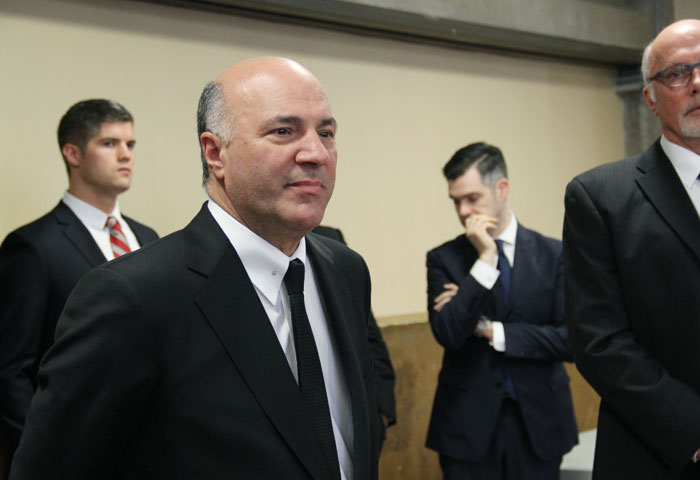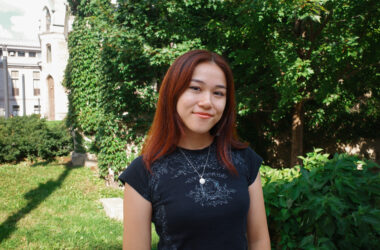It’s been an odd political year. As news from the United States continues to descend into absurdity, in Canada the Conservative Party leadership race drudges on, complete with a cast of characters large enough to carry a Marvel movie. The Conservative race came to McGill on Feb. 13, as TV celebrity-turned leadership hopeful Kevin O’Leary held an event on campus where he spoke to students and took questions from the audience.
On the surface, O’Leary’s entry into the race seems like a political disaster for Canada. His rocky business career and arrogant TV-persona antics read like a mirror image of Donald Trump’s—another Trump is the last thing North America, or any other remotely habitable region, needs right now. Despite the glaring flaws with O’Leary’s campaign—his lack of political experience and fluency in French being the main two—there are a few redeeming qualities to his candidacy. It’s a long shot, but O’Leary is bringing a few new ideas to the table that might even end up being beneficial for Canadian democracy in the long-run.
The political landscape has recently been shifting to the right in many Western countries. From the election of Donald Trump in the U.S., to Brexit in the United Kingdom, to the rise of right-wing politicians such as France’s Marine Le Pen and the Front National in Europe, the trend has been towards more regressive, bitter, and inward-looking policies. When Kellie Leitch emerged as an early star in the Conservative race, it seemed like the Canadian right might be headed in the same direction. But since entering the race, O’Leary has quickly eclipsed Leitch in the polls; and his vision for the Conservatives looks nothing like that of a Leitch or a Trump.
Unlike Leitch or Trump, O’Leary has not adopted the anti-immigrant stance that has taken right-wing politics by storm. He touts his own heritage as the son of Irish and Lebanese immigrants as a testament to the value of open societies. “There’s no walls in my world. I wouldn’t exist if Canada had walls,” O’Leary claimed when announcing his candidacy on Jan. 18—a sentiment he reiterated at McGill.
O’Leary’s most interesting contribution to the Conservative race by far has been his liberal stance on social issues. As O’Leary took care to explain to his audience at McGill, his desire to win the support of young voters led him to come out staunchly in favour of reproductive rights, LGBTQI rights, and marijuana legalization. O’Leary’s decision to focus on the young voters is a sound strategy: In the 2015 federal election, turnout in the 18-25 demographic jumped significantly, and favoured the Liberals by 45 per cent, compared to just 20 per cent for the Conservatives.
Strategy aside, O’Leary’s liberal positions on these issues should mean good news for young Canadians. If the Conservative Party liberalizes its stance on these issues, it could present itself as a more viable alternative to young, socially-liberal Canadians, meaning these voters will have a more appealing array of parties to choose from on election day. Young voters who might otherwise dismiss the Conservative Party out of hand for their outdated social values would instead be faced with three viable options—the Liberals, Conservatives, and the NDP—the next time they vote. With more options, young voters would be able to demand more from each party in return for their support, and debates could focus on other pressing issues, like the economy, environmental policy, or foreign policy.
Ideally, this realignment of the Conservative Party on social issues could happen without ceding control of the party to a political novice like O’Leary. Fellow leadership candidate Michael Chong has also expressed progressive views on these issues, and comes without the lack of political experience or French that mars O’Leary’s campaign. Whatever the result of O’Leary’s leadership bid, young Canadians should hope to see these select few of his ideas incorporated into the Conservative Party platform going forward.
Of course, there is no guarantee that an eventual O’Leary election platform would look anything like the promises he made to an audience of students in the opening month of his campaign for the party nomination. But at a time when populist candidates in other countries are dragging their politics further to the right, Canadians can at least be thankful that our reality-show candidate seems intend on taking his party in a more moderate direction.









